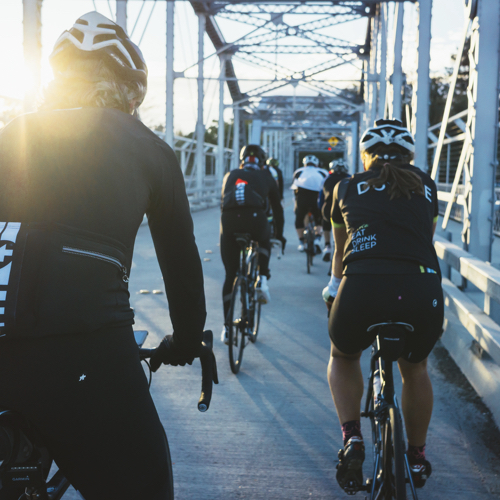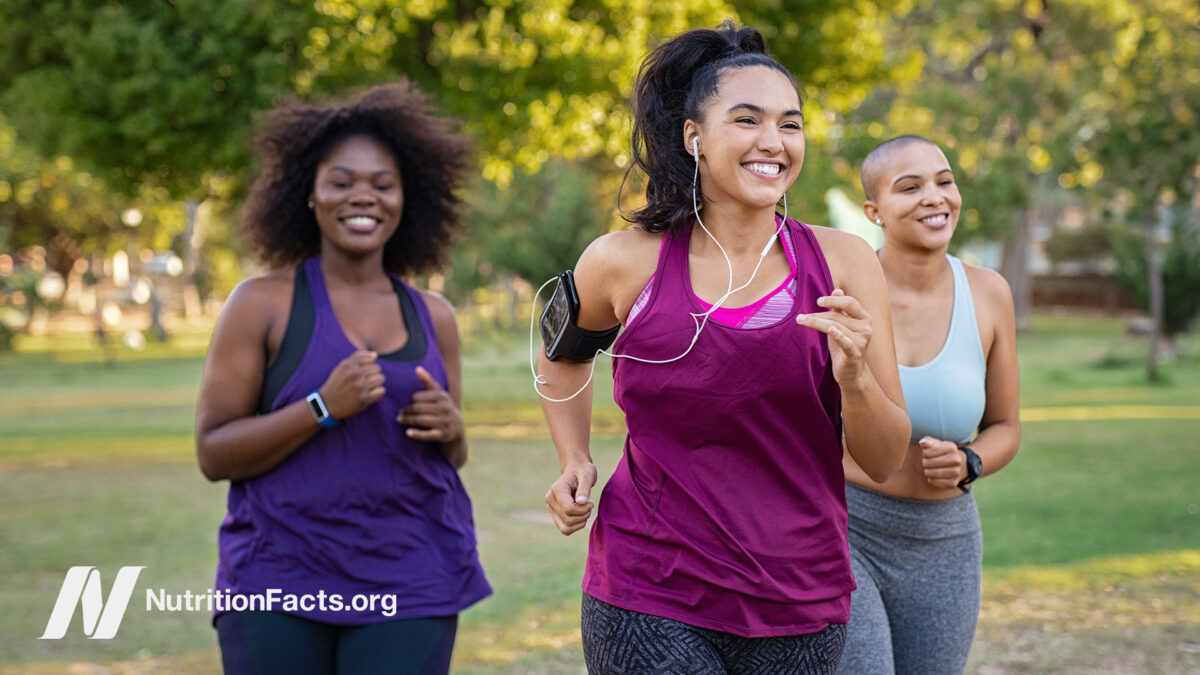
Exercise
In addition to helping us enjoy a healthier body weight, exercise may also boost our immune system. Studies have found that if we let kids run around for just six minutes, the levels of immune cells circulating in their blood may increase by nearly 50 percent. At the other end of the life cycle, regular exercise may also help prevent age-related immune decline. One study found that while elderly, sedentary women have a 50 percent chance of getting an upper-respiratory illness during the fall season, those randomized to begin a half-hour-a-day walking program dropped their risk down to 20 percent.
Physical activity is also considered a promising preventive measure against breast cancer—not only because it helps with weight control but because exercise tends to lower circulating estrogen levels. Five hours a week of vigorous aerobic exercise may lower estrogen and progesterone exposure by about 20 percent, and moderately intense activity may offer as much benefit as vigorous exercise; walking an hour a day or more appears to be associated with significantly lower breast cancer risk.
Can exercise halt cognitive decline? Researchers took a group of people with mild cognitive impairment (for example, those starting to forget things or regularly repeating themselves) and had them engage in aerobic exercise for 45 to 60 minutes a day, 4 days a week, for 6 months. The control group simply stretched for the same time periods. Researchers found that in the control group, cognitive function appeared to continue to decline. But the exercising group not only didn’t get worse, they seemed to get better, answering more test questions correctly after six months, indicating their memory had improved. Indeed, aerobic exercise may actually reverse age-related shrinkage in the memory centers of the brain and help improve cerebral blood flow, improve memory performance, and help preserve brain tissue.
Exercise may also help prevent and treat high blood pressure, and improve our mood and quality of sleep. If the U.S. population collectively exercised enough to shave just 1 percent off the national body mass index (BMI), 2 million cases of diabetes, 1.5 million cases of heart disease, and up to 127,000 cases of cancer may be prevented.
I recommend 90 minutes of moderate-intensity activity, such as brisk (four miles per hour) walking or 40 minutes of vigorous activity (such as jogging or active sports) each day.
For substantiation of any statements of fact from the peer-reviewed medical literature, please see the associated videos below.
Image Credit: Adrian Flores / Unsplash. This image has been modified.
Popular Videos for Exercise

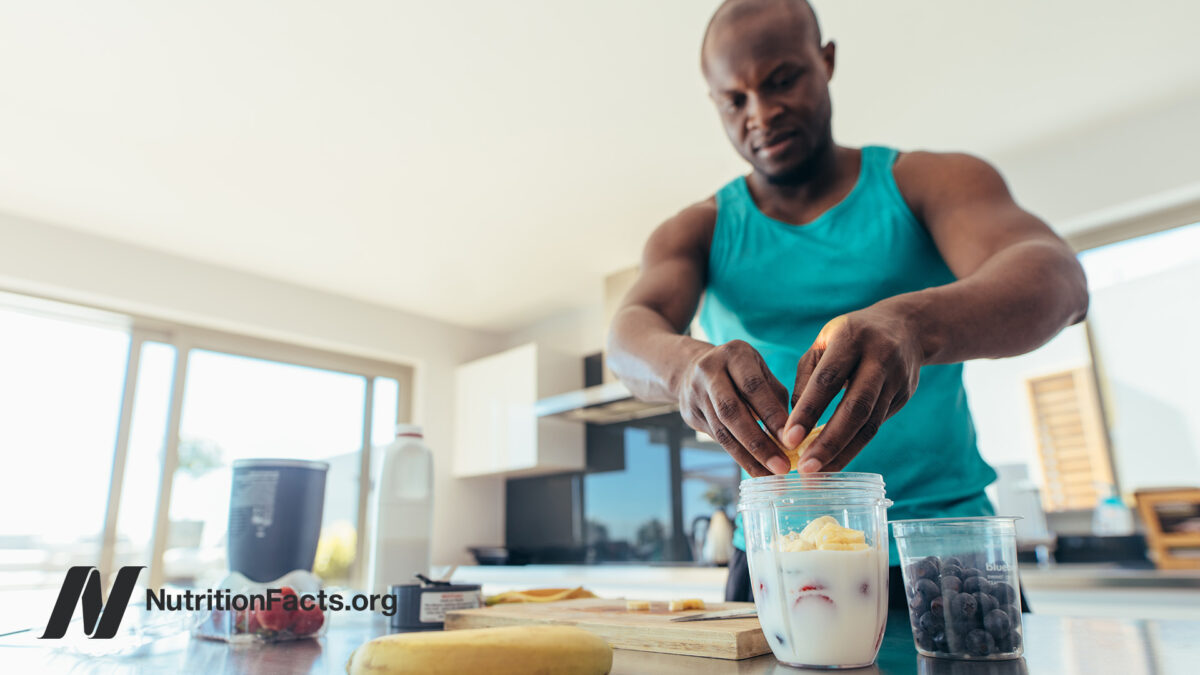
The Secret to Weight Loss Through Exercise
Exercise ramps up appetite, helping to explain why calories burned don’t necessarily equal calories lost,...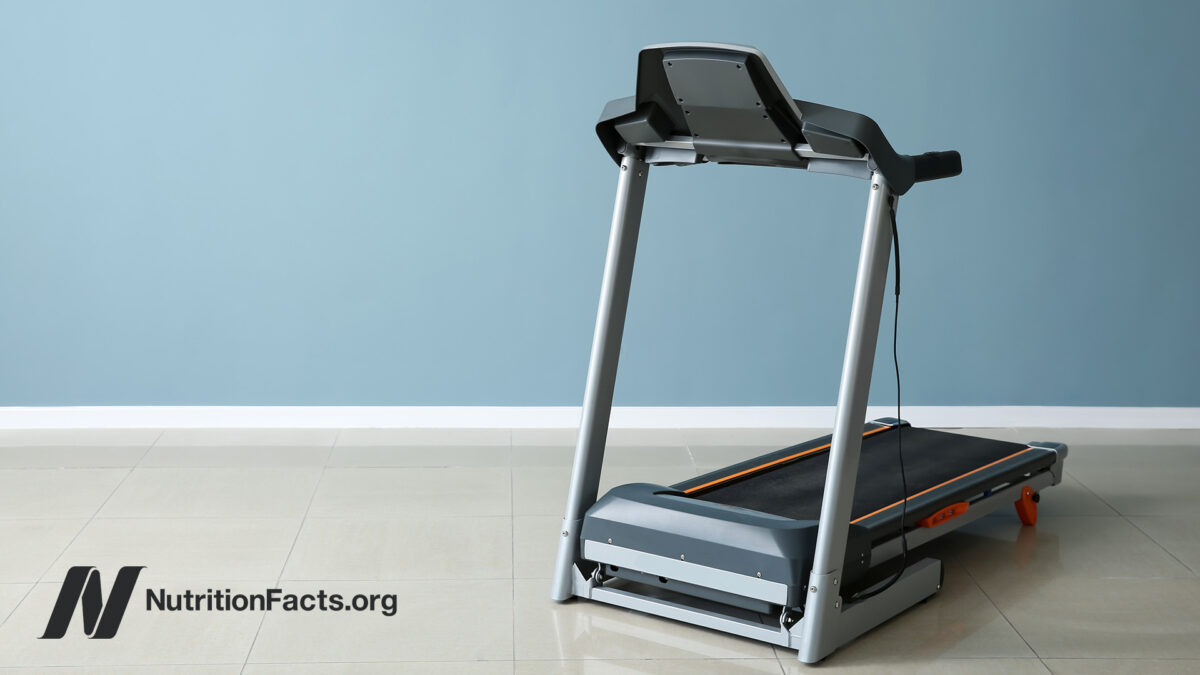
The Exercise “Myth” for Weight Loss
Why is it so hard to outrun a bad diet?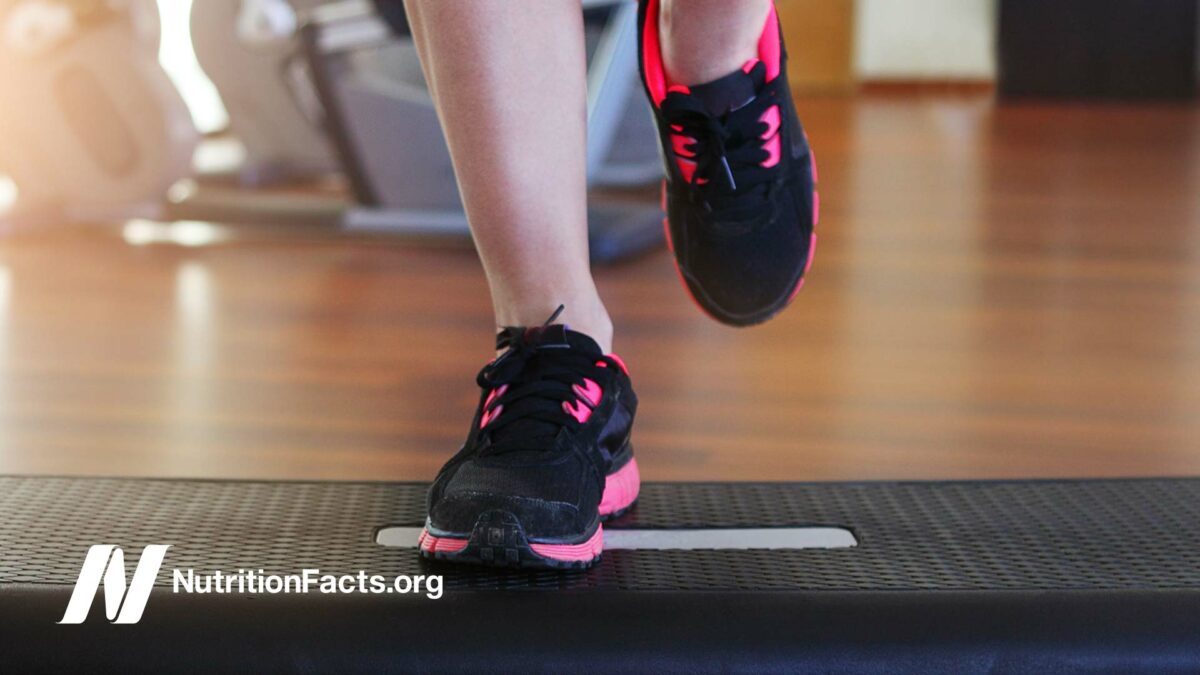
Life Extension with FGF21
What can we do to boost the longevity hormone FGF21?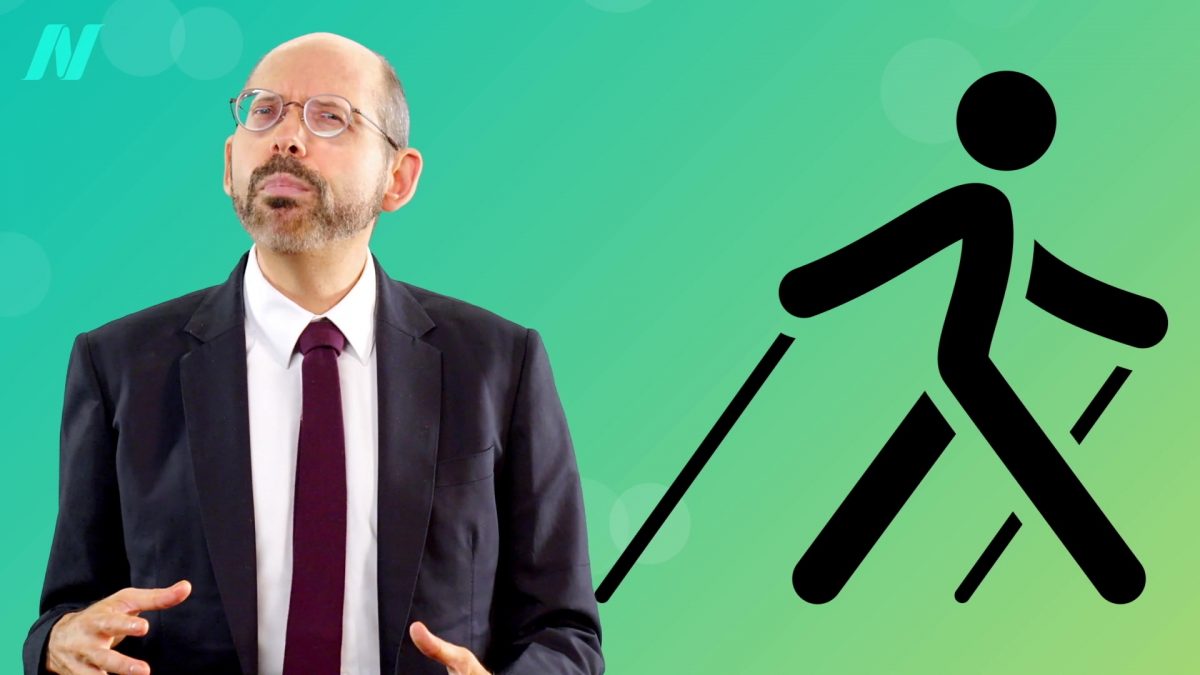
Are There Benefits of Pole Walking for Weight Loss?
Does walking with poles, also known as Nordic walking (“exerstriding”), beat our regular walking for...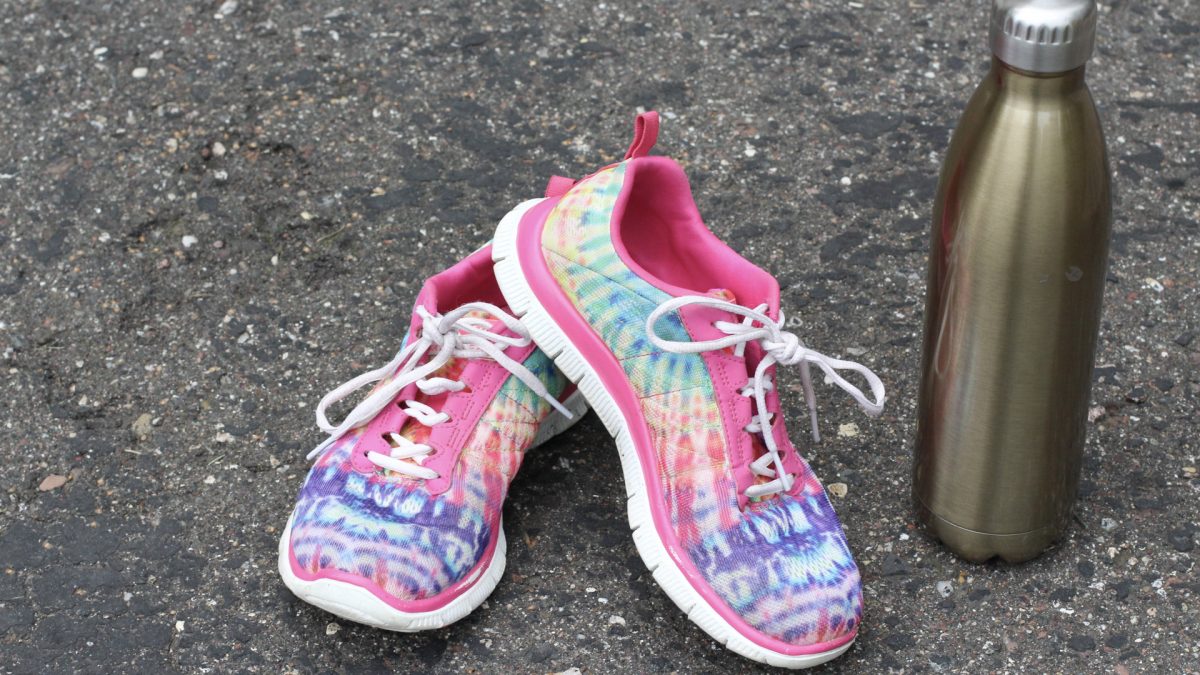
How Much Should You Exercise?
Physical fitness authorities seem to have fallen into the same trap as the nutrition authorities,...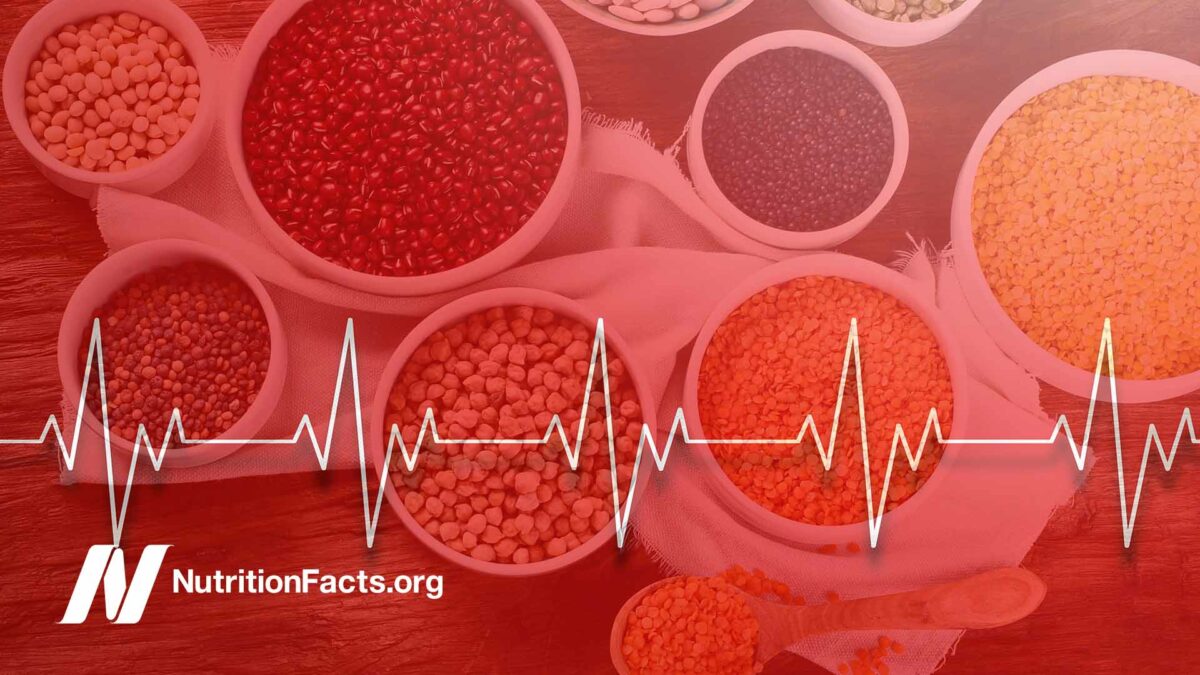
Slow Your Beating Heart: Beans vs. Exercise
A cup a day of beans, chickpeas, or lentils for three months may slow resting...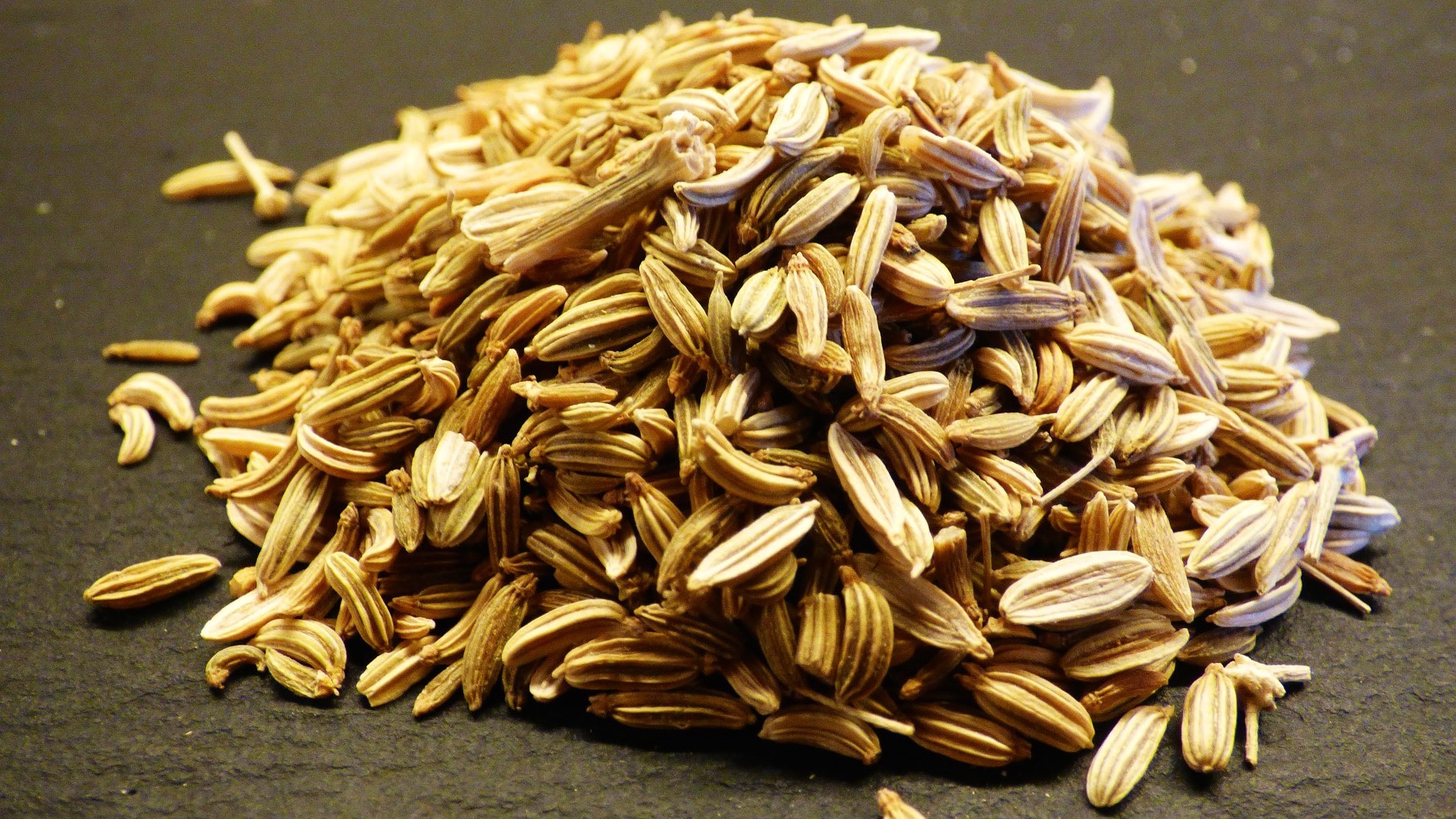
Fennel Seeds to Improve Athletic Performance
What are the pros and cons of fennel fruits as a cheap, easy-to-find, light-weight, nonperishable...
“Veg-Table” Dietary Nitrate Scoring Method
What is the optimal timing and dose of nitrate-containing vegetables, such as beets and spinach,...
Whole Beets vs. Juice for Improving Athletic Performance
What is the latest science on the performance-enhancing qualities of nitrate-rich vegetables?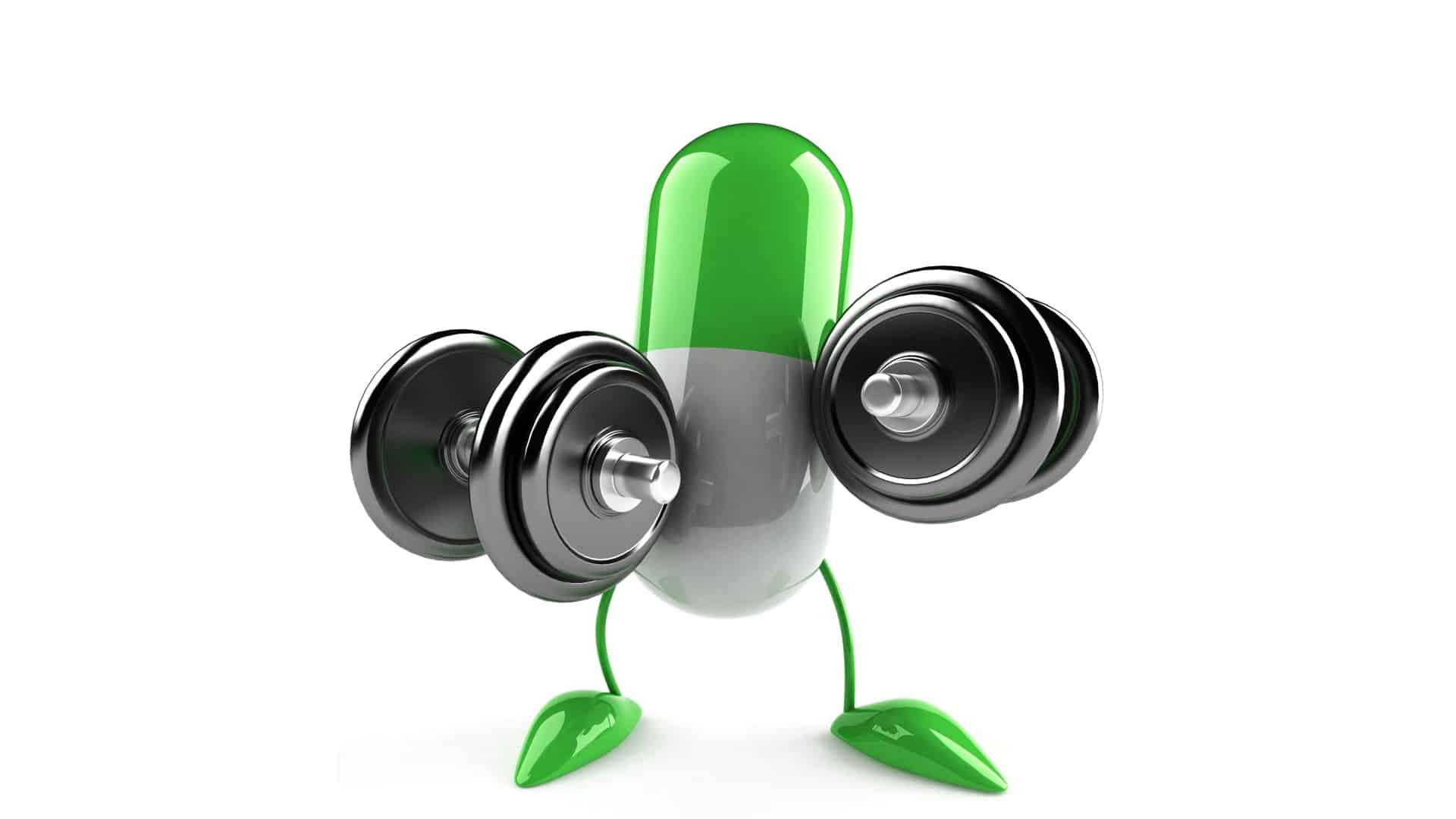
Exercise vs. Drugs for Depression
Aerobic exercise interventions found comparable to antidepressant medication in the treatment of patients with major...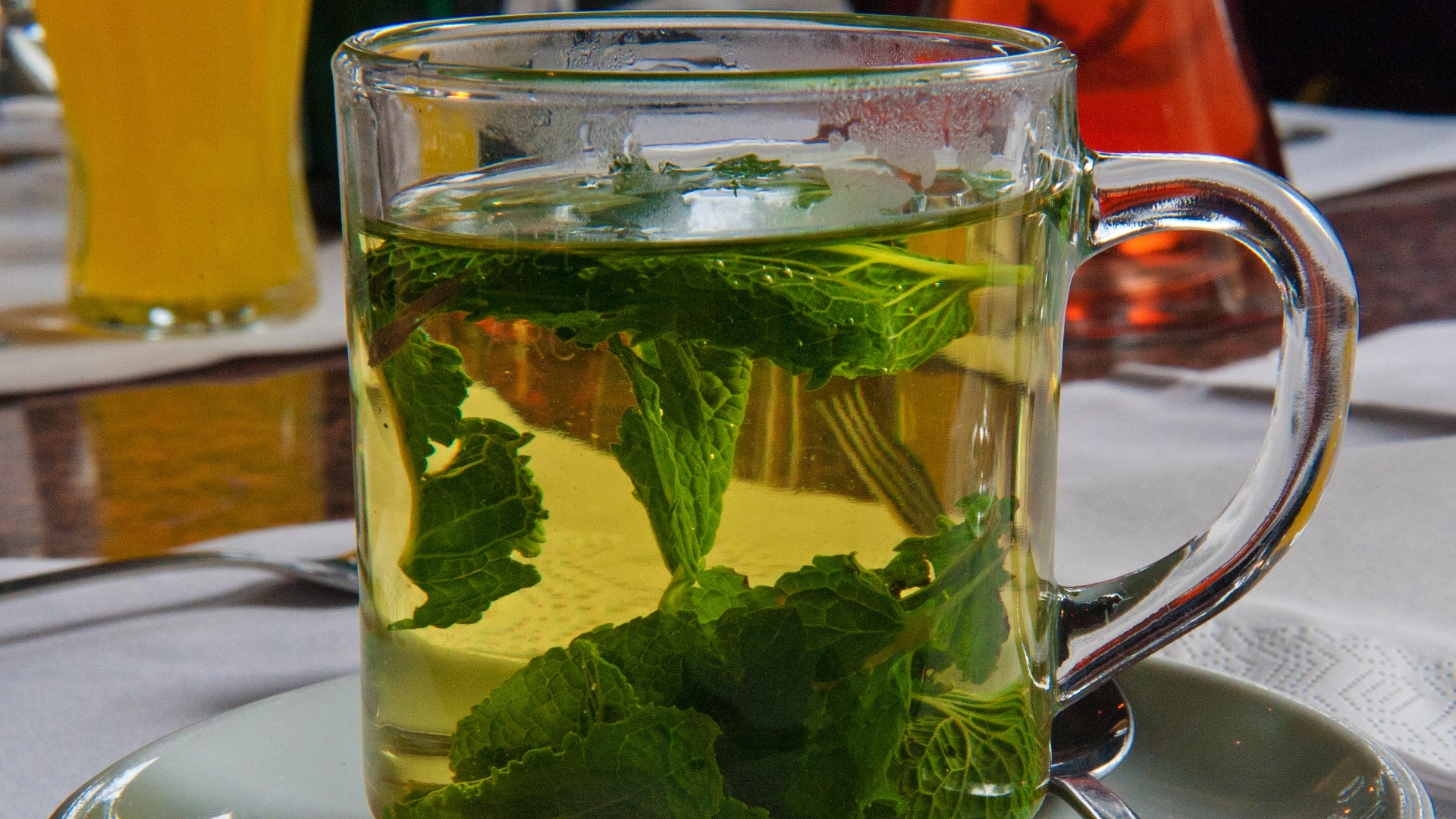
Enhancing Athletic Performance with Peppermint
Study finds remarkable improvements in exercise performance drinking homemade peppermint water, but there may be...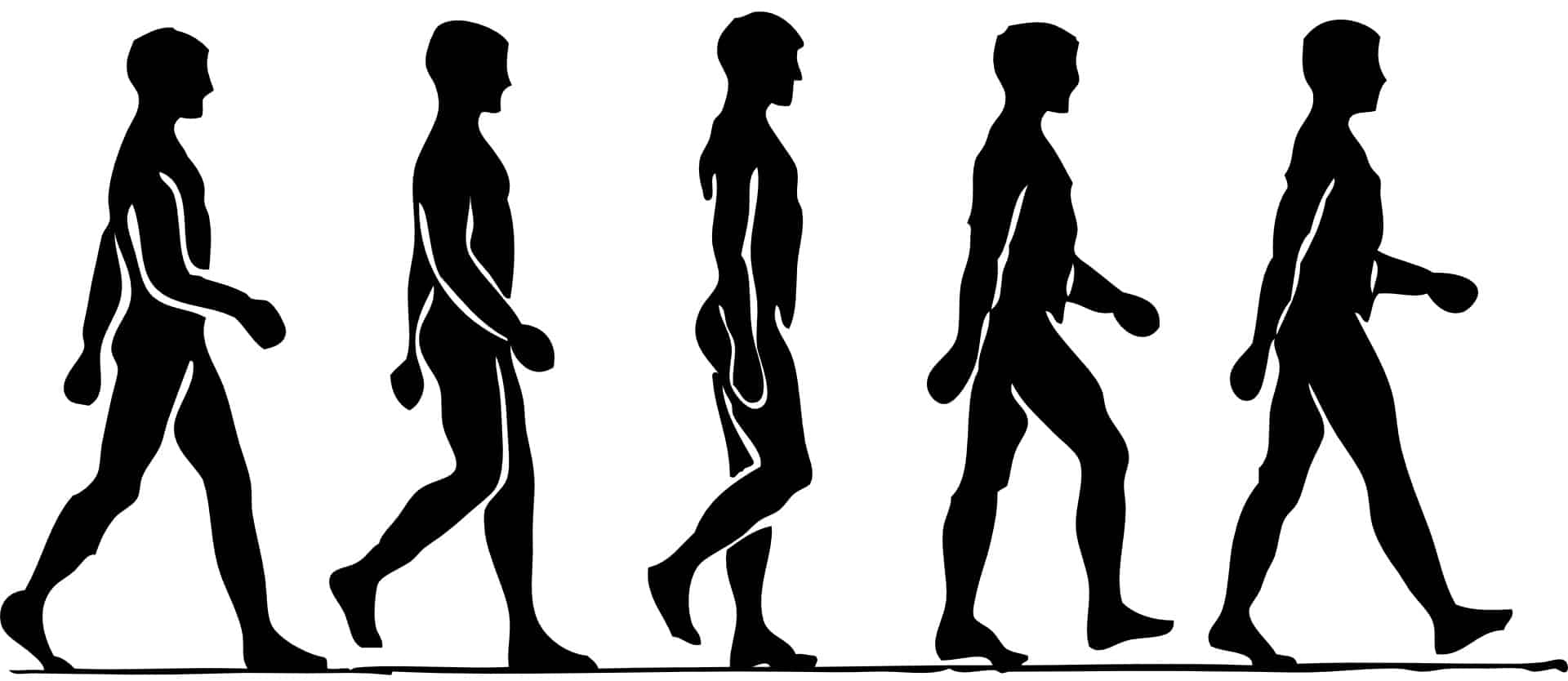
Longer Life Within Walking Distance
Researchers find exercise often works just as well as drugs for the treatment of heart...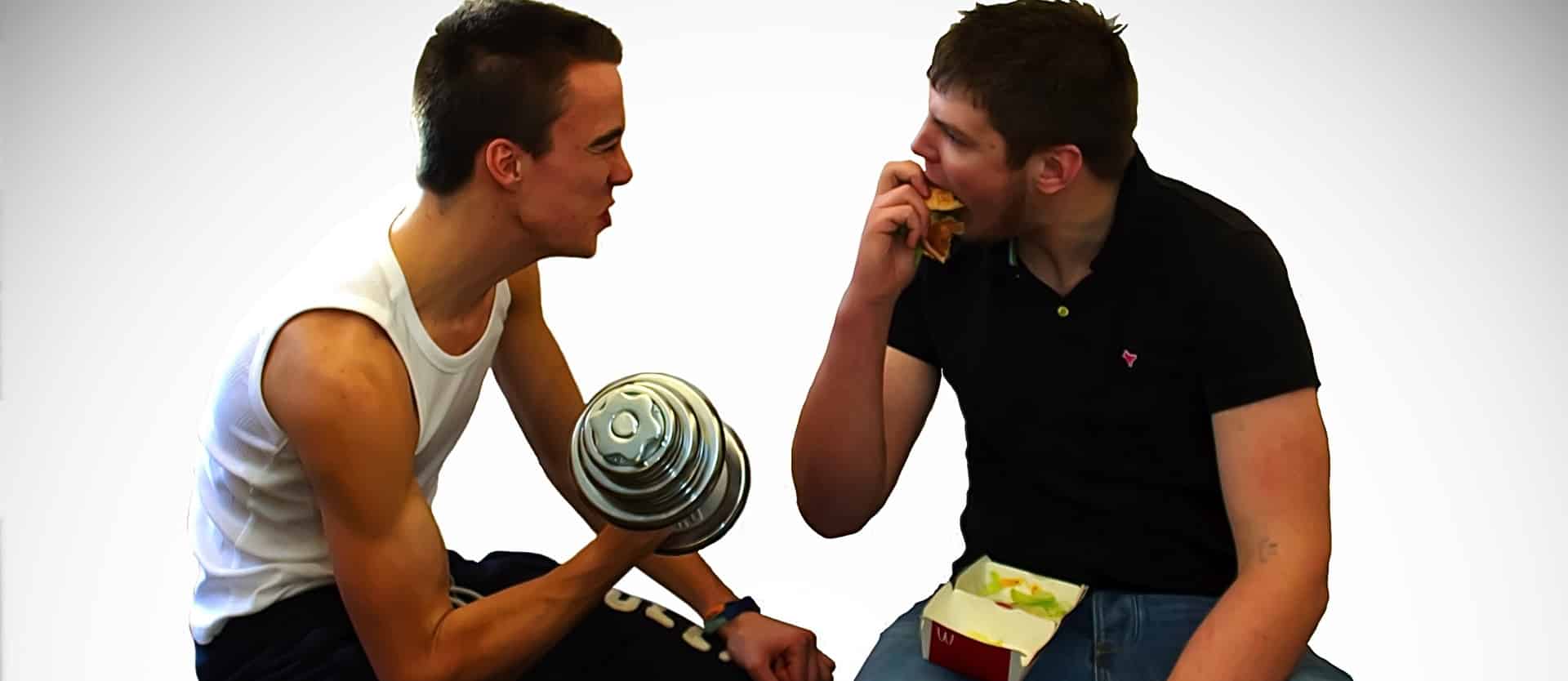
How Much Exercise to Sustain Weight Loss?
What role has inactivity played in the obesity epidemic and how much should we be...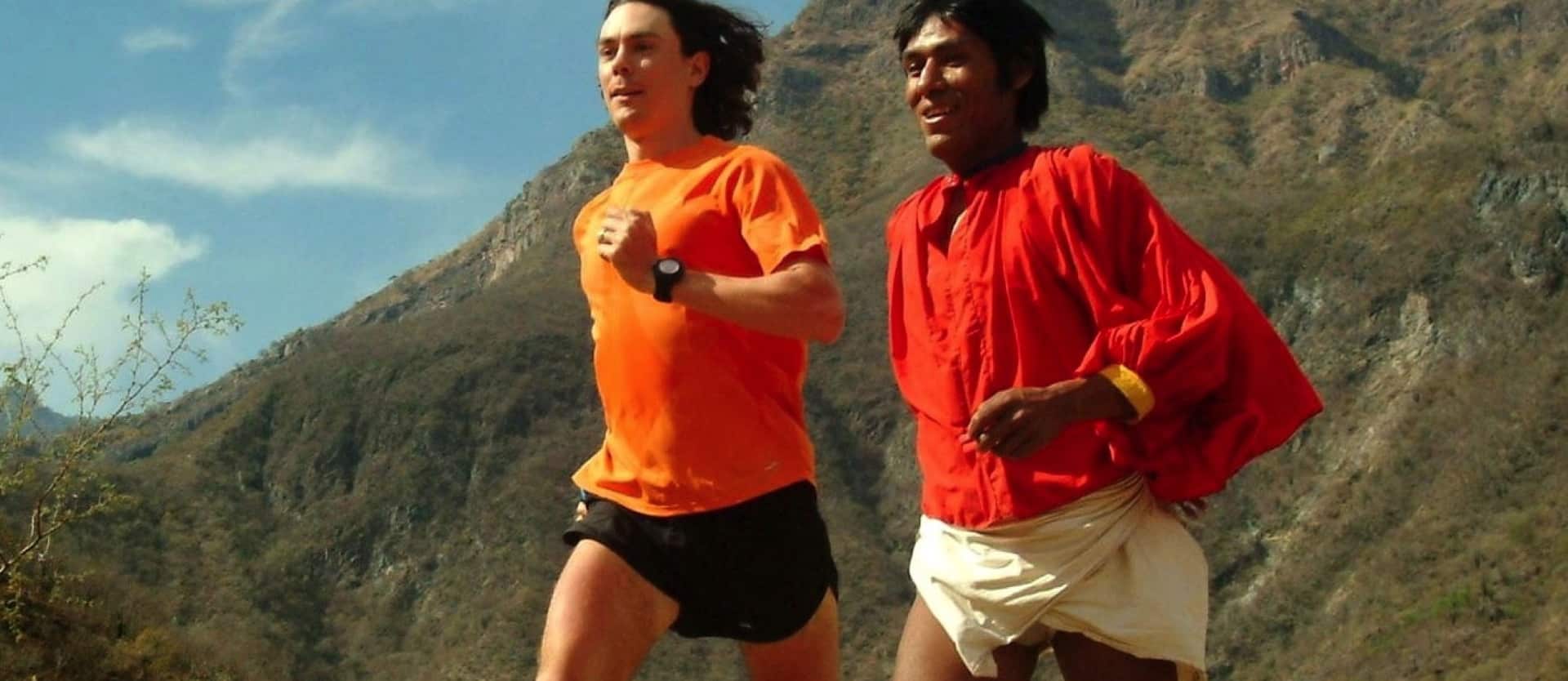
Enhanced Athletic Recovery without Undermining Adaptation
Might the antioxidant and anti-inflammatory properties of plant-based diets undermine some of the benefits of...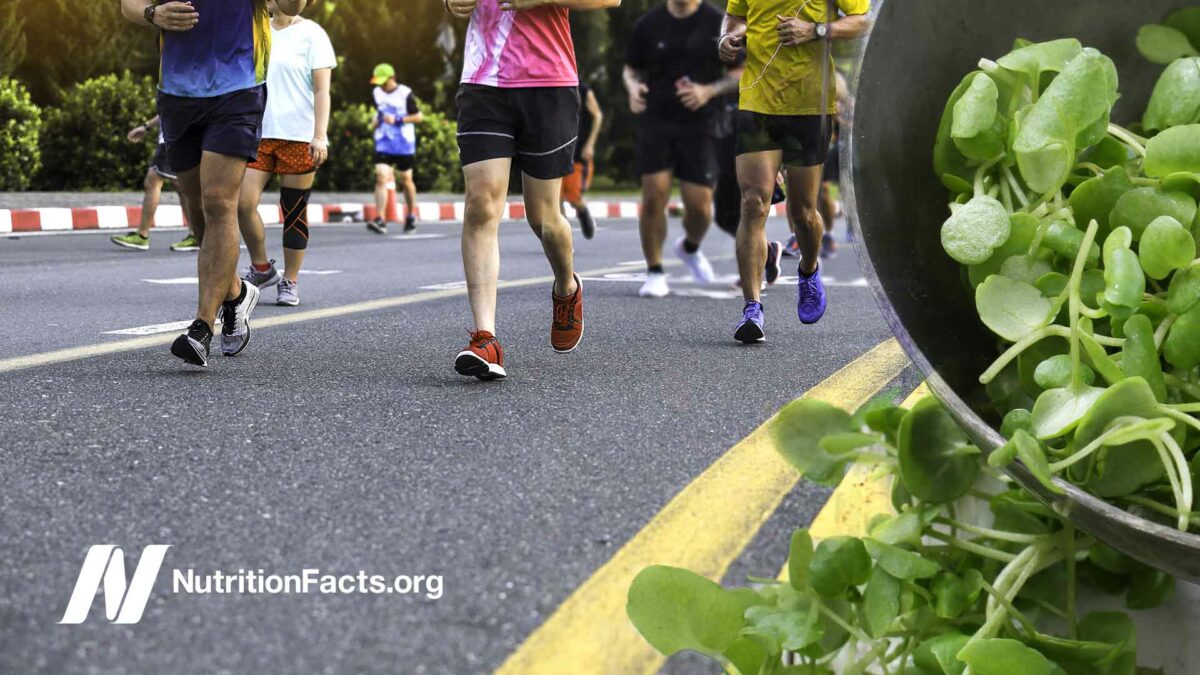
Preventing Exercise-Induced Oxidative Stress with Watercress
Those eating a more plant-based diet may naturally have an enhanced antioxidant defense system to...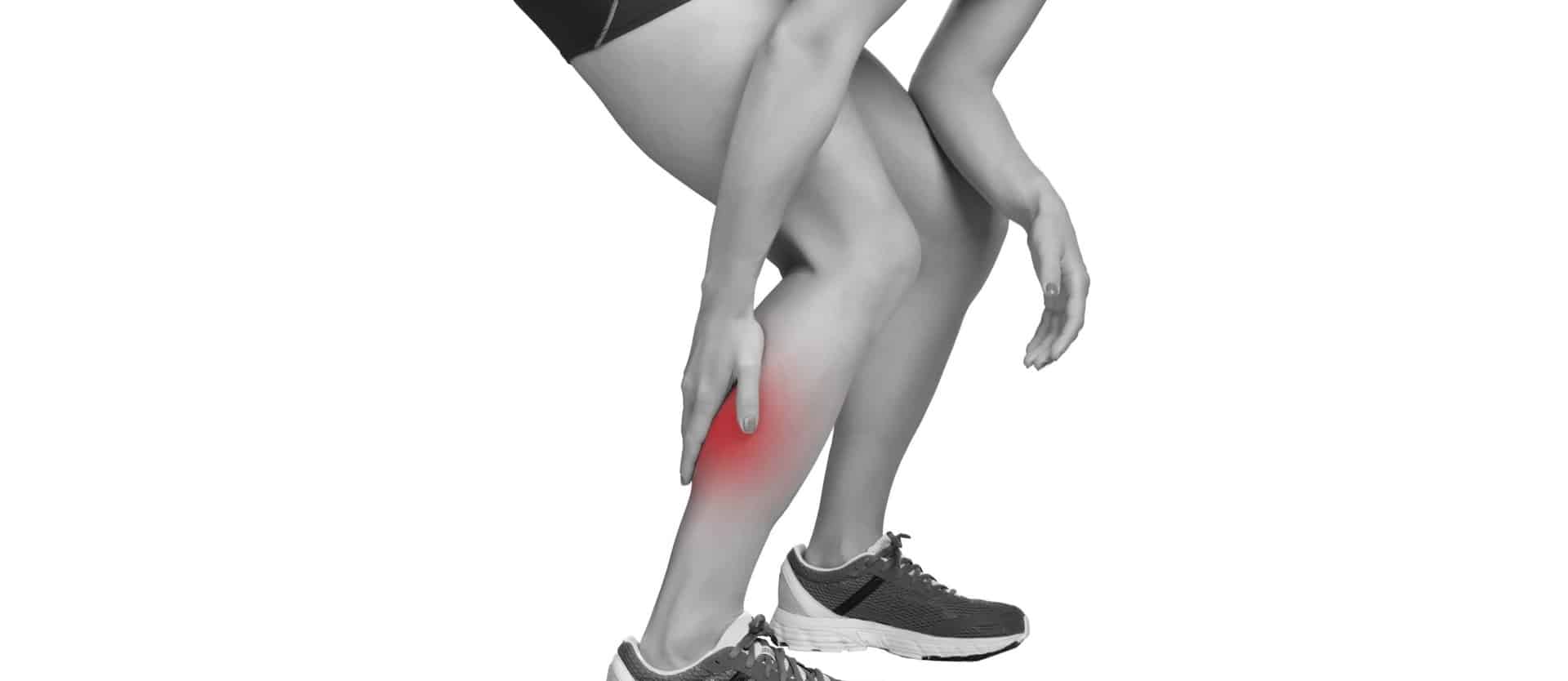
Reducing Muscle Soreness with Berries
Anti-inflammatory phytonutrients in berries may explain why cherries can speed recovery after a marathon—by reducing...
Reducing Muscle Fatigue with Citrus
Daily citrus fruit consumption during athletic training may reduce muscle fatigue, as evidenced by lower...
Paleo Diets May Negate Benefits of Exercise
The deleterious effects of a Paleolithic diet appear to undermine the positive effects of a...All Videos for Exercise
-

The Role of Accountability in Weight Loss
One of the most effective weight-loss programs ever was free. Why was it so powerful?
-

How Bad Are Ultra-Processed Foods?
Are there aspects of ultra-processed foods beyond their nutrient profile that contribute to their deleterious effects?
-

The Negative Effects of Cold Plunges for Building Muscle
Cold plunges following strength training are discouraged since they substantially attenuate long-term gains in muscle mass.
-

Are the Benefits of Cold Plunges and Cryotherapy Just a Placebo Effect?
There have been five placebo-controlled studies on cold water immersion. What did they find?
-

Best Temperature, Timing, and Duration for Cold Plunges for Athletic Performance Recovery
What are the effects of cold water immersion on the recovery of physical performance compared to active recovery and doing nothing?
-

Taurine Supplementation Increases Lifespan and Healthspan in Animals
The level of taurine in our bodies declines with age, dropping by nearly 80 percent. Would consuming extra improve lifespan or healthspan?
-

Reversing Early-Stage Prostate Cancer Progression with a Plant-Based Diet and Lifestyle Program
A plant-based lifestyle is put to the test against early and late-stage cancer
-

Can a Plant-Based Diet Reverse Type 2 Diabetes?
Diet as a primary intervention for type 2 diabetes is the most effective in achieving remission when emphasizing whole, plant-based foods with minimal consumption of animal products.
-

How to Improve Your Heart Rate Variability
A healthy heart doesn’t beat like a metronome.
-

Which NAD+ Booster Is Best?
You can naturally get your body to make more NAD+ by boosting the NAD+ synthesizing enzyme NAMPT.
-

Risks and Benefits of Nicotinamide Mononucleotide (NMN), a NAD+ Booster
NR may just be a waste of money, safe but ineffective. NMN seems similarly useless in humans, but it may not even be safe.
-

Can NAD+ Boosters Increase Lifespan and Healthspan?
The effects of NAD+ boosters on aged rodents have been described in the medical literature as “profound,” “dramatic,” and “remarkable,” but do they help people?
-

Do Ashwagandha, Ginseng, and Maca Root Have Benefits for Female Sexual Dysfunction?
Which of these three works, which doesn’t, and which may be too toxic to take safely?
-

Anti-Inflammatory Foods: The Benefits of Berries
Which fruits have anti-inflammatory effects and which do not?
-

Supplements for Sarcopenia (Age-Related Muscle Loss)
HMB, magnesium, omega 3s, and vitamin D are put to the test for muscle strength and function.
-

Natural Ozempic Alternatives: Boosting GLP-1 with Diet and Lifestyle
Certain spices and the quinine in tonic water can boost GLP-1, but at what cost?
-

How to Control the Side Effects (Including “Ozempic Face”) of GLP-1 Drugs
How might we mitigate the gastrointestinal and muscle loss side effects of GLP-1 weight-loss drugs?
-

The Best Way to Boost NAD+: Supplements vs. Diet (webinar recording)
The pros and cons of all the NAD+ supplements and what are the ways to boost NAD+ naturally with diet and lifestyle?
-

How Much Exercise Is Too Much?
It may be prudent to limit chronic, vigorous exercise to no more than an hour a day and no more than five hours a week, taking at least one or two days off. For runners, the recommended upper limit for longevity benefits is 30 miles a week.
-

Does Exercise Extend Your Lifespan or Just Your Healthspan?
I was surprised by how much controversy is in the medical literature over whether the apparent longevity benefits of exercise are even real.
-

Exercise Is Medicine
The evidence supporting the overall health benefits of physical activity is overwhelming.
-

How Many Steps Should We Get Every Day?
The official exercise recommendations are a “trade-off between optimizing health outcomes and minimizing requirements for individuals,” but what does the science say is best?
-

Lying at a Slight Head-Down Tilt (Trendelenburg Position) to Burn Fat
How might we trick our body into producing this fat-burning exercise hormone without lacing up our gym shoes?
-

Does Drinking More Water Help You Lose Weight?
Those who stay hydrated tend to maintain a healthier body weight, but is it cause and effect?
-

How Much Exercise Does It Take to Improve Aging Cognitive Function?
If the relationship between exercise and dementia prevention is cause-and-effect, as much as 20 percent of Alzheimer’s disease may be attributable to physical inactivity.
-

The Best Dietary Detox
By eating at a lower rung on the food chain, those choosing plant-based diets suffer less exposure to the industrial pollutants that bioaccumulate up the ladder.
-

Does Increasing Protein Intake Slow Age-Related Muscle Mass Loss?
Adding extra protein to the diets of older men and women is put to the test.
-

The TAME Trial: Targeting Aging with Metformin
If you have diabetes, metformin can make things better, but if you don’t, the drug may make things worse.
-

Side Effects of Metformin as a Life-Extension Drug
As a mild mitochondrial poison, metformin carries a variety of downsides.
-

Naturally Boosting AMPK with Exercise for Life Extension
AMPK is said to serve as a “mitochondrial guardian.”
-

How Much Exercise Does It Take to Boost Immunity?
Exercising may make our immune systems more than five times better at fighting infection.
-

The Best Exercise Type and Frequency for Bone Density
When it comes to bone health, it’s use it or lose it.
-

Side Effects of Resveratrol Supplements
Resveratrol supplements may blunt some of the positive effects of exercise training.
-

The Secret to Weight Loss Through Exercise
Exercise ramps up appetite, helping to explain why calories burned don’t necessarily equal calories lost, so how can we lose weight through physical activity?
-

The Exercise “Myth” for Weight Loss
Why is it so hard to outrun a bad diet?
-

How to Delay the Age of Menopause with Diet and Lifestyle Factors
Approximately half of the variability of age of menopause among women is explained by genetics. What behaviors or circumstances can help explain the rest?
-

How to Boost Your Endothelial Progenitor Cells (EPCs) for Heart Health
How can we improve the capacity of our blood vessels to repair themselves?
-

Preventing and Treating Osteoporosis (Webinar Recording)
I’m happy to share the recording of my webinar on osteoporosis, which includes 11 videos and a Q&A.
-

How Not To Age – Live Presentation
In this live lecture, Dr. Greger offers a sneak peek into his latest book, How Not to Age, a New York Times Best Seller.
-

Fall Prevention Is the Most Important Thing for Preventing Osteoporosis Bone Fractures
A combination of resistance exercise to improve lower limb muscle strength and balance training can beat out drugs for preventing osteoporotic bone fractures.
